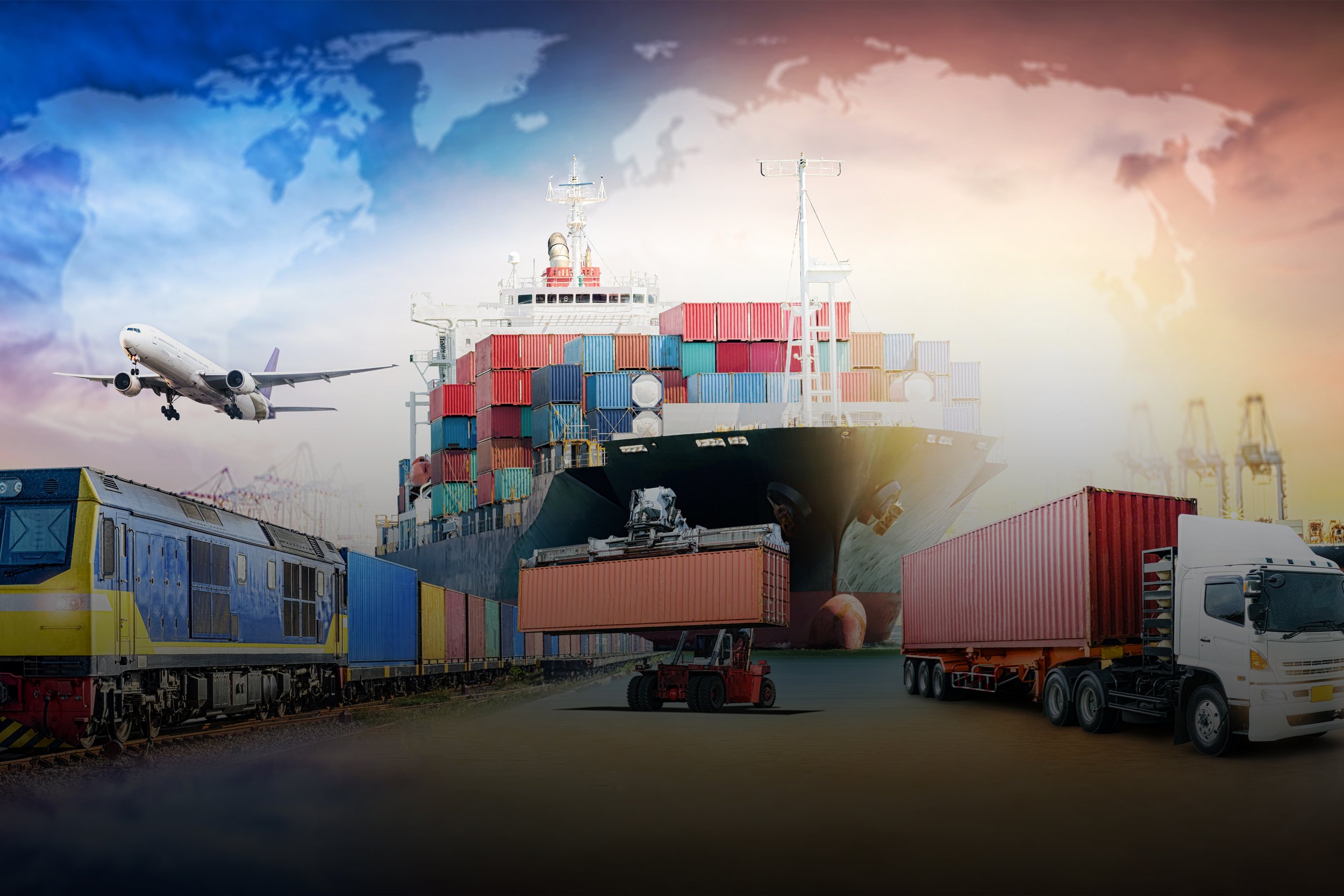TfN seeks consultation on freight and logistics strategy
A Freight & Logistics Strategy for the North of England, developed by Transport for the North (TfN), has been released for public consultation.
The draft strategy showcases the importance of the efficient movement of goods, particularly for economic recovery and growth, and sets out the urgent need to take action to decarbonise the freight and logistics sector.
The report makes the case that the freight and logistics sector is vitally important for the North of England, with more than 33% of goods entering through the region’s ports and 25% of GB freight starting or ending in the North.
However, the sector faces a number of challenges and constraints, such as a shortage of warehouse capacity (especially rail connected warehousing), lack of reliable and efficient east-west connectivity across the Pennines, and a disproportionate reliance on ports in the South of England.
The strategy reflects the objectives of TfN’s Transport Decarbonisation Strategy, firstly in achieving near-zero emissions from our surface transport network by 2045, and secondly in optimising the social and economic benefits from clean growth opportunities in the North.
It also looks at the demand for a multimodal freight network covering road, rail and water; the potential for ports and freeports; and sets out a delivery plan and recommendations.
Martin Tugwell, Chief Executive at Transport for the North, said, “The freight and logistics sector is vital in helping us all get the things we need to go about our daily lives. The impacts of the Covid-19 pandemic and the UK leaving the EU brought this into sharp focus, so now is the perfect time for the North of England to set out a strategy on how we can best support and enable the movement of goods around our region.
“Our Freight & Logistics Strategy, which covers road, rail and waterway freight, reveals the data that drives the sector; identifies the options for decarbonising freight; and sets out the importance of the sector to enabling ambitious growth for businesses.
“It’s an important piece of work, and we urge everyone to get involved in the consultation. Getting goods to our homes and workplaces efficiently, reliably and in a sustainable way is only going to get more important in the coming years, so it’s essential we hear from many voices now to help set us on the right journey for our future needs.”
The virtual consultation room can be found here. It contains all the information and feedback forms, and everyone is encouraged to take a look and have their say by 31 January 2022.

